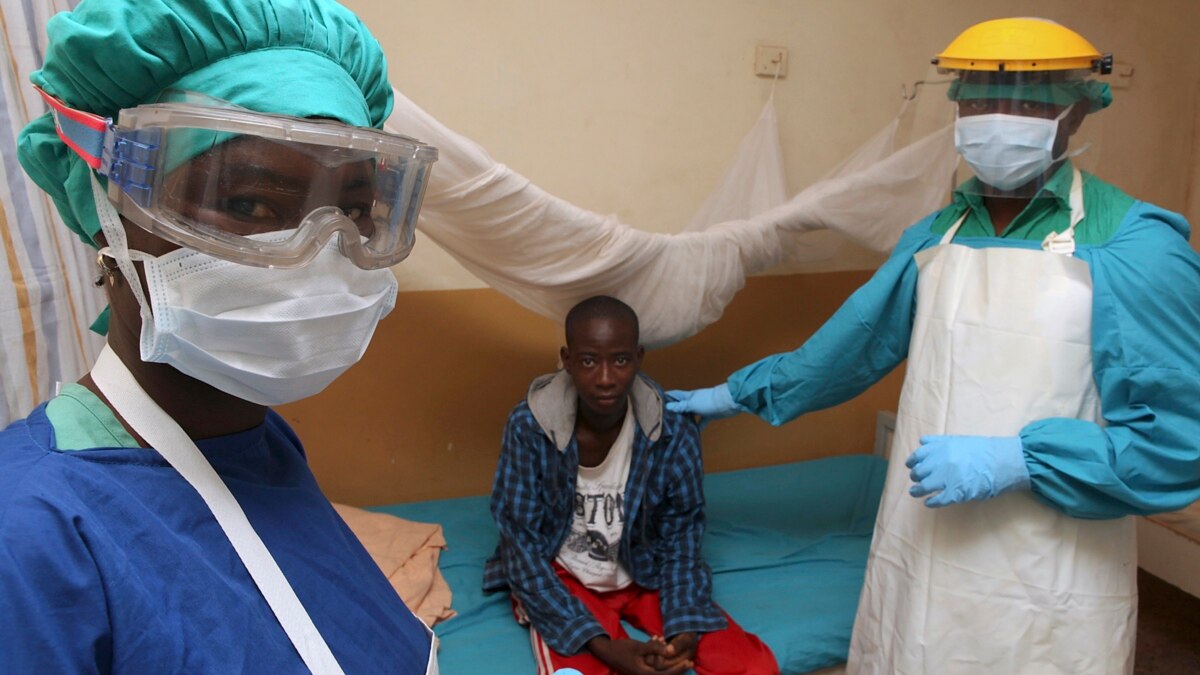The Nigeria Centre for Disease Control and Prevention, NCDC, said it registered 411 confirmed cases and 72 deaths from Lassa fever across 21 states of the federation from week one to week six of 2024.
The NCDC said this on its official website on Thursday.
It stated that the number of new confirmed cases increased from 70 in week five to 83 in week six, with nine deaths recorded in week six, spanning Feb. 5 to Fed. 11.
According to NCDC, 65 per cent of all the confirmed cases were from Ondo, Edo, and Bauchi states, while 35 per cent were reported from 17 states.
The agency said the number of suspected cases in 2024 (2,122) decreased when compared to the figure reported for the same period in 2023 (8,280).
It said the predominant age group affected by Lassa fever was 21-30 years, and two new health workers were affected in the reporting week.
The NCDC said the National Lassa fever multi-partner, multi-sectoral Incident Management System had been activated to coordinate response at all levels at the Emergency Operations Centre (EOC).
The agency also listed some of the challenges it faced in its fight against Lassa fever across the country to include late presentation of the cases and poor health-seeking behaviour due to the high cost of treatment and clinical management.
Other challenges, it said, were poor environmental sanitation and poor awareness observed in high-burden communities.
Lassa fever is an acute viral hemorrhagic (excessive bleeding) illness that is transmitted to humans through contact with food or household items contaminated by infected rodents or contaminated persons.
Its symptoms include fever, headache, sore throat, general body weakness, cough, nausea, vomiting, diarrhoea, muscle pains, chest pain, and in severe cases, unexplainable bleeding from ears, eyes, nose, mouth, and other parts of the body.
Healthcare workers can be at risk of contracting the virus through exposure to patients’ bodily fluids.
According to the World Health Organization (WHO), people can protect themselves from Lassa fever by taking several precautions.
The precautions include minimising exposure to rodents and their urine or faeces, sealing up holes or gaps in homes or buildings to prevent rodents from entering, washing hands frequently with soap and water, especially after touching potentially contaminated surfaces or objects.
They also include storing food in sealed containers and cooking it thoroughly, avoiding eating food that may have been contaminated by rodents.
If in contact with potentially infected individuals, the NCDC urged Nigerians to wear gloves, masks, goggles, and other protective equipment to prevent exposure to bodily fluids.
In areas where Lassa fever is endemic, people are advised to follow safe burial practices to minimise the risk of exposure to the virus from deceased individuals.
“If someone develops symptoms of Lassa fever, such as fever, headache, muscle aches, vomiting, or diarrhoea, they should seek medical attention promptly.
“Early diagnosis and treatment can improve outcomes and reduce the spread of the virus to others,” said NCDC.
NAN


